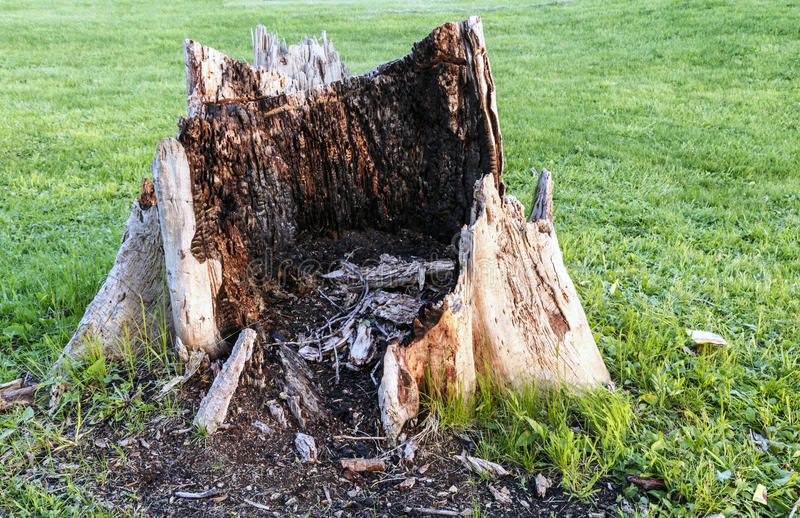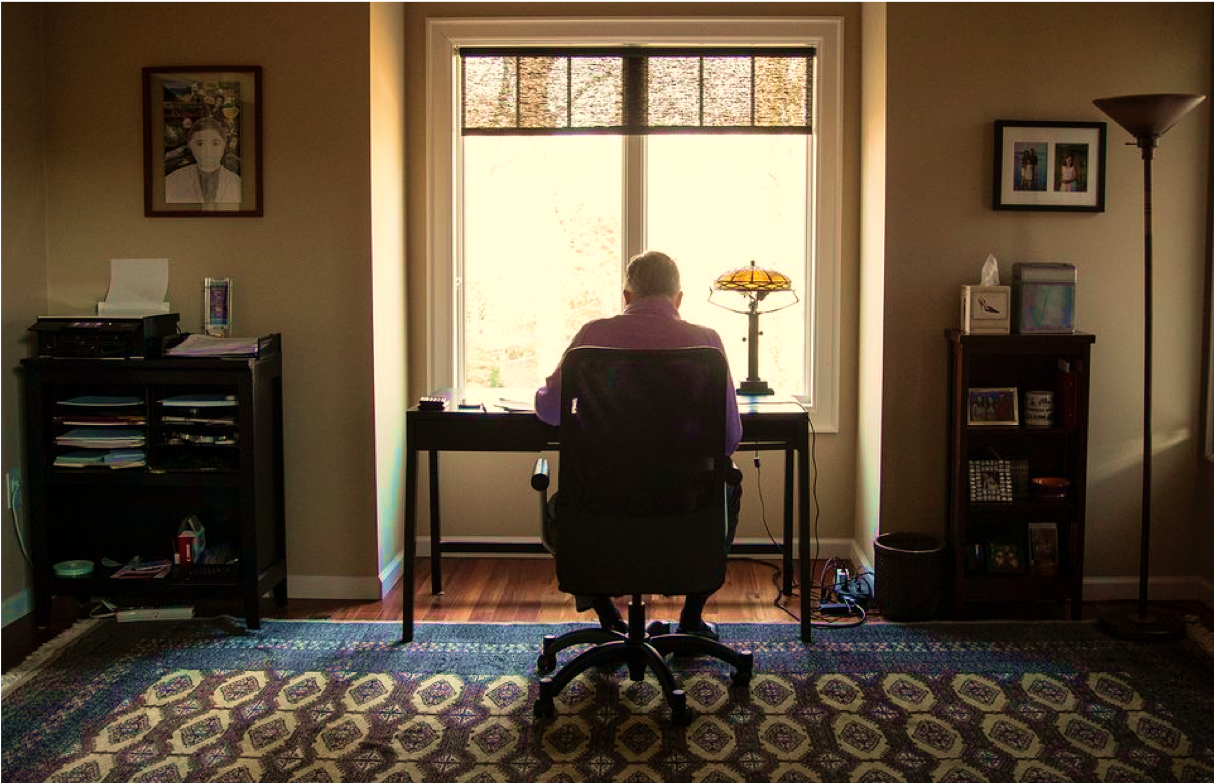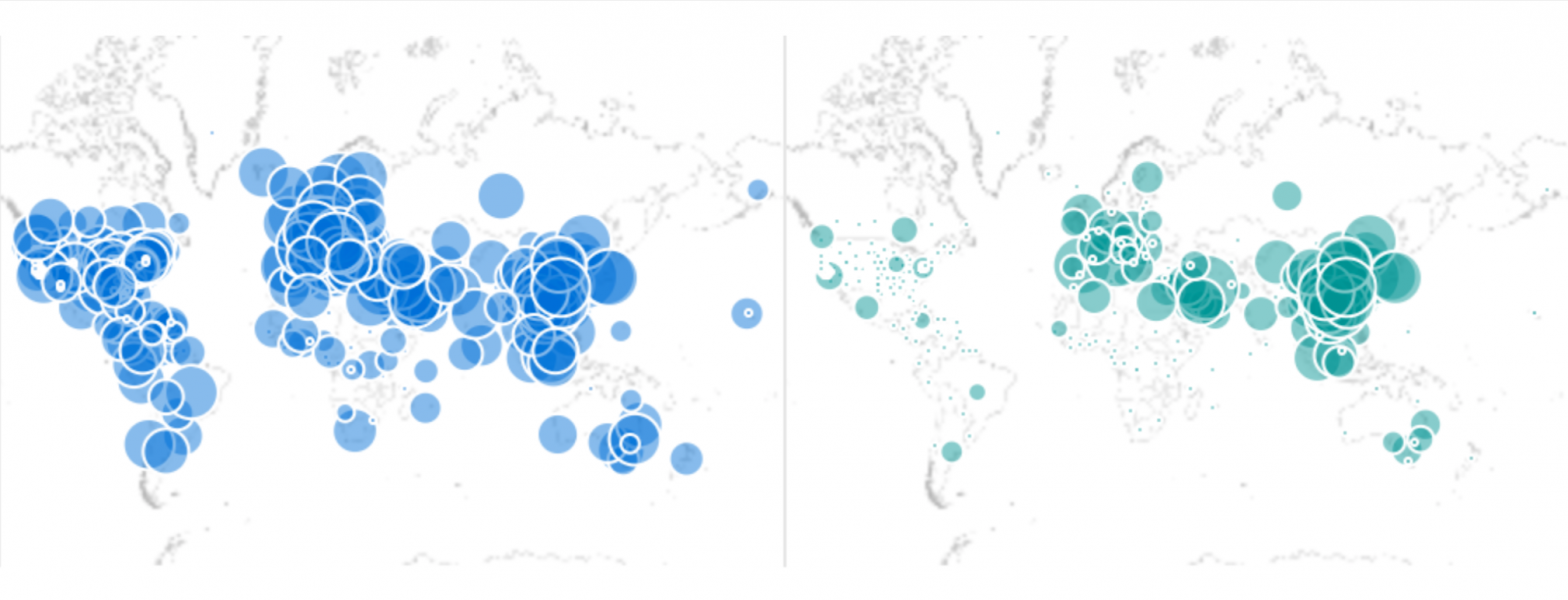The decisive move will show the CPC we mean business.
How COVID Radicalized Me

I’m now sure our institutions must be dismantled and rebuilt.
COVID radicalized me.
I have long thought that American institutions were in various states of decline and needed to be revitalized. I was wrong. American institutions are rotten to their core. Tens of thousands of people will die, if we are lucky.
A functioning government could have prevented the crisis, as Singapore, Hong Kong, and Taiwan have demonstrated. Aggressive testing and early social distancing kept their caseloads low and limited exponential growth. South Korea showed how testing could be quickly ramped up, limiting the damage of large clusters discovered late. Even if containment had become impossible, there was plenty of time for America to ramp up production of PPE, respirators, and hospital beds.
None of this was done.
Trump’s leadership has been horrendous, and he must be excoriated for it. The ripple effects of him downplaying the risk continue to be felt.
However, the blame cannot fall solely on his shoulders. Italy is shut down. Spain is shut down. France is shut down. The rot runs deeper than a single president. Mitigating the harm from COVID and rebuilding our institutions to prevent the next crisis requires accurately diagnosing the problem.
There are three reasons for our decaying institutions. First, we have become complacent. Second, vetoes have become too widely distributed, the tragedy of the anti-commons. Third, we have an elite that is fundamentally unserious.
First, Americans are complacent. They are too attached to their lifestyles, unwilling to make changes, even now in the face of catastrophe. We see this in the packed bars in Washington, D.C. and New York City. There is a total disconnect between the reality that our hospitals are days away from being overwhelmed, and the “reality” in which these people seem to think they exist.
And this complacency extends to the political class. One of the frequent reasons given for keeping schools open is that some students might go hungry without access to “free-lunch” programs. In 1948 America was able to supply an entire city by air. By the end of the Berlin Airlift more cargo was being transported into the city by air than had ever been by rail. And we are unable to deliver lunches to students staying at home today?
The bureaucracy is not immune to this complacency. The first test the CDC shipped for COVID-19 was faulty. The CDC, along with the FDA forced Dr. Helen Y. Chu, Seattle based infectious disease expert, to stop testing after she discovered a case in Seattle because she wasn’t using the approved CDC test.
The second cause of our institutional failures is the tragedy of the anti-commons, a situation where too many actors have veto rights, leaving valuable resources underused because it becomes too costly to appease all the actors. Larry Summers colorfully describes this as “promiscuously distributing veto power.” Who holds the veto power is typically unclear, leaving private actors unable to respond quickly to a worsening crisis.
The FDA is the worst offender in this regard. They blocked labs from making their own tests, to the point when Dr. Chu thought civil disobedience was better than waiting. It took until Feb 29th for the FDA to implement Emergency Use Authorization to expedite approvals. Until blocks are lifted, manufacturers looking to develop drugs and respirators will have to go through the same byzantine process, delaying their use. Simple solutions like reciprocity, where any drug or medical device approved by tier 1 countries can be used in the US, will likely go ignored.
The FDA is not the only player with veto authority. For a lab to get emergency authorization, for example, they need to be a clinical laboratory, approval of which can take months and is controlled by the Centers for Medicare and Medicaid Services. In discussion groups about developing apps to help track COVID, HIPAA keeps coming up as a main concern.
The final reason for our decaying institutions is that our elite is simply not serious. The response to the crisis has hitherto been to deny and to focus attention on pet concerns. Trump with the stock market. The left with prejudice. And so on. Our ruling class ignores the greatest threat to our way of life in a generation to focus on topics that aren’t relevant.
The World Health Organization a week ago tweeted against using the term infecting as “it implies blame.” The elite does not understand moral responsibility. The people who are still going to events should be blamed. The leaders who force their staff to work should be blamed. The politicians who have not closed schools should be blamed. The World Health Organization, presumably staffed by epidemiologists, was more worried about policing language than preventing the spread of the worst pandemic in a generation.
The epidemic will get worse. People will die. Preventing the next crisis requires building functional institutions. The alphabet soup must be dismantled and rebuilt. Any other path forward condemns us to helplessness in the face of the next crisis.
The American Mind presents a range of perspectives. Views are writers’ own and do not necessarily represent those of The Claremont Institute.
The American Mind is a publication of the Claremont Institute, a non-profit 501(c)(3) organization, dedicated to restoring the principles of the American Founding to their rightful, preeminent authority in our national life. Interested in supporting our work? Gifts to the Claremont Institute are tax-deductible.
In wars, men die.
For the first time in centuries, we’re bringing it all back home.
Facing up to the failed state of America's mandarin class
Don’t let the Left use your panic for their gain.
We blew it. Normies are paying a heavy price.






